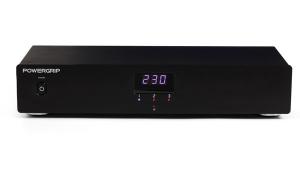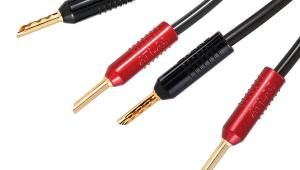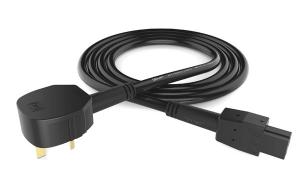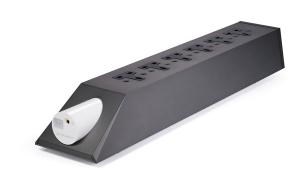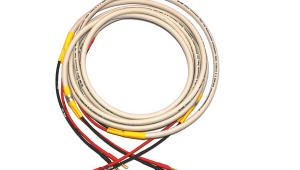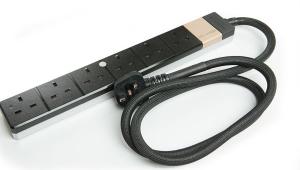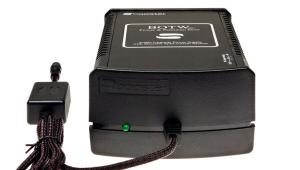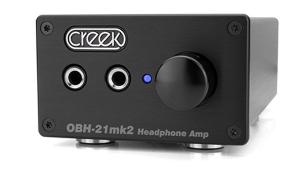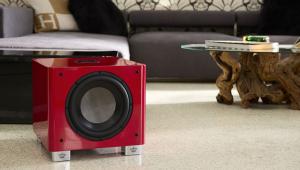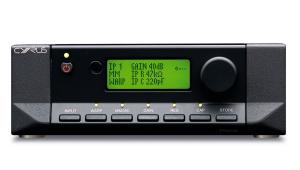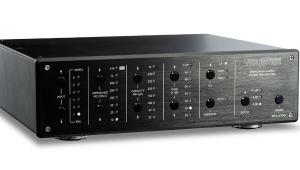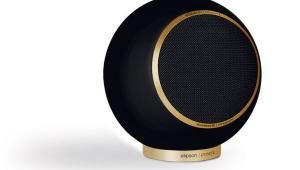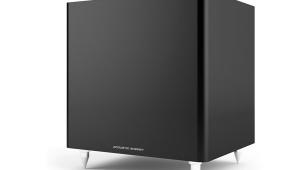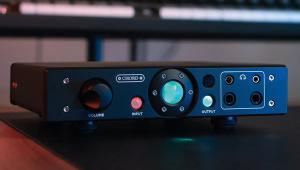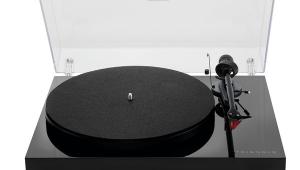Titan Audio FFT Module

 The FFT Module is designed to work with Titan’s mains cables, all of which will be updated with the means to make use of it as a rolling change beginning with the Helios and Eros ranges. FFT stands for Force Field Technology and marks a step-change in the handling of RFI and other airborne interference that affects mains performance. The cables still make use of shielding and dielectric technology as they did before, but Titan Audio says these are a ‘passive’ defence against interference.
The FFT Module is designed to work with Titan’s mains cables, all of which will be updated with the means to make use of it as a rolling change beginning with the Helios and Eros ranges. FFT stands for Force Field Technology and marks a step-change in the handling of RFI and other airborne interference that affects mains performance. The cables still make use of shielding and dielectric technology as they did before, but Titan Audio says these are a ‘passive’ defence against interference.
A compact block, the FFT attaches to a connector that runs from the IEC end of the mains lead and then straps to the cable itself via a supplied Velcro strap. The module then generates a field around the cable that prevents interference making it to the passive defences that the cable is fitted with.
To function, the module needs power which is generated via a wall-wart type supply – creating a situation where you have a mains cable that needs its own mains cable. However, Titan Audio has announced a solution that runs multiple FFT modules from a single PSU is in the works for those that run short of mains sockets.
Sound quality
As well as the FFT module, Titan Audio has supplied a Helios mains cable (HFC 410, also £250) that it’s fitted to work with it. Tests of the cable without the FFT in place on both a Naim Supernait 3 (HFC 456) and Cyrus Phono Signature (HFC 408) suggest it’s a capable performer in its own right. Like previous Titan devices, it focuses on dropping the noise floor and allowing the device it’s connected to to demonstrate its existing audio qualities free from congestion without altering the tonal balance of the device itself. Attaching and powering up the FFT Module provides slightly different outcomes on the two different test devices.
On the Supernait 3, it doesn’t result in any decisive performance benefit. Across a selection of material played via a Chord Hugo2 (HFC 428) and 2Go (HFC 465), the latter working wirelessly, there are points with extremely bare bones recordings like Agnes Obel’s Riverside where some of the finer details of the piano feel a little more defined, but this isn’t pronounced or consistent.
The performance with the Cyrus is a different story, however. This is sited closer to a router and with a great deal more equipment around it, some of which is wireless. Here the FFT helps this already quiet phono stage drop its noise floor further, which greatly aids the release of fine detail from good pressings. Poppy Ackroyd’s Quail enjoys meaningful gains in terms of the immediacy and realism it offers because little details and microdynamics that are present on the record but previously lost in the noise floor are easier to determine. Significantly, here these gains are repeatable and consistent across the selection of turntables that are routinely connected to the Cyrus. Again, no less importantly, they are obtained without any perceivable shift to the exceptionally neutral and even-handed tonal balance of the Phono Signature, which is in keeping with the FFT’s more conventional brand mates.
Conclusion
The FFT isn’t an automatic upgrade and, at £500 with the module and suitable cable, neither is it cheap. The requirement for an extra mains socket can also be a nuisance. But used in demanding situations with equipment handling low-voltage sources, it can demonstrate some tangible benefits, making it well worth an audition. ES
DETAILS
Product: Titan Audio FFT Module
Type: RFI shield system
FEATURES
● Active shield against wireless interference
● Compatible with Titan mains cables
● 5V wall-wart PSU
 |
Inside this month's issue:
Q Acoustics 3020c standmount loudspeakers, Perlisten R10s active subwoofer, Quad 33 and 303 pre/power amps, Acoustic Solid Vintage Full Exclusive turntable, newcomer Fell Audio Fell Amp and Fell Disc and lots, lots more...
|
